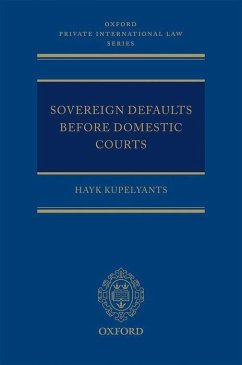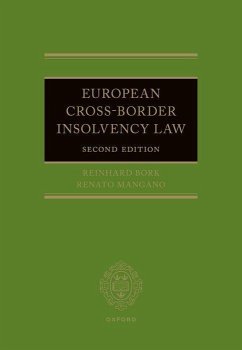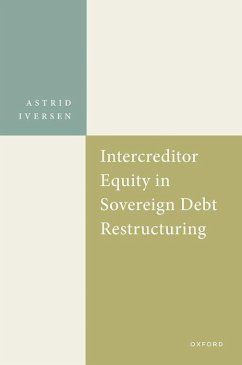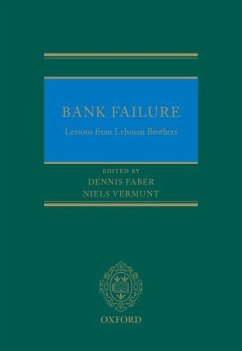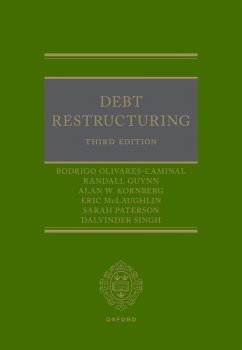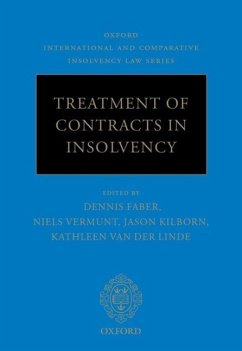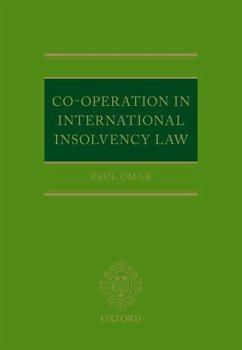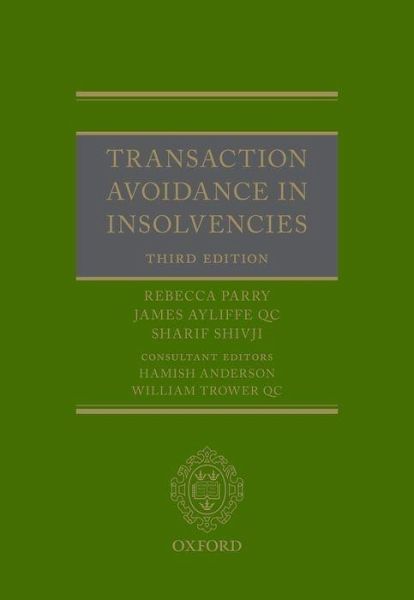
Transaction Avoidance in Insolvencies
Versandkostenfrei!
Versandfertig in über 4 Wochen

PAYBACK Punkte
189 °P sammeln!




The third edition of Transaction Avoidance in Insolvencies considers the practical issues that arise in typical transaction avoidance cases and the possible ways in which a vulnerable transaction might be attacked.
Rebecca Parry is a Professor at Nottingham Law School at Nottingham Trent University, specialising in corporate insolvency law. James Ayliffe QC is at Wilberforce Chambers and has a particular expertise in real estate related insolvency. Sharif Shivji is a leading junior at 4 Stone Buildings specialising in insolvency and, as a former derivatives trader, has specialist knowledge of the financial markets. He is the current Chambers & Partners Company and Insolvency Junior of the Year.
Produktdetails
- Verlag: Oxford University Press
- 3rd edition
- Seitenzahl: 712
- Erscheinungstermin: 15. Mai 2018
- Englisch
- Abmessung: 244mm x 175mm x 38mm
- Gewicht: 1225g
- ISBN-13: 9780198793403
- ISBN-10: 0198793405
- Artikelnr.: 49374560
Herstellerkennzeichnung
Libri GmbH
Europaallee 1
36244 Bad Hersfeld
gpsr@libri.de
Für dieses Produkt wurde noch keine Bewertung abgegeben. Wir würden uns sehr freuen, wenn du die erste Bewertung schreibst!
Eine Bewertung schreiben
Eine Bewertung schreiben
Andere Kunden interessierten sich für



